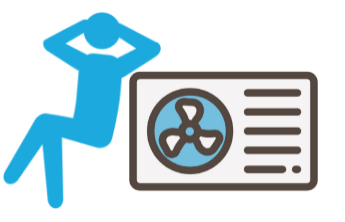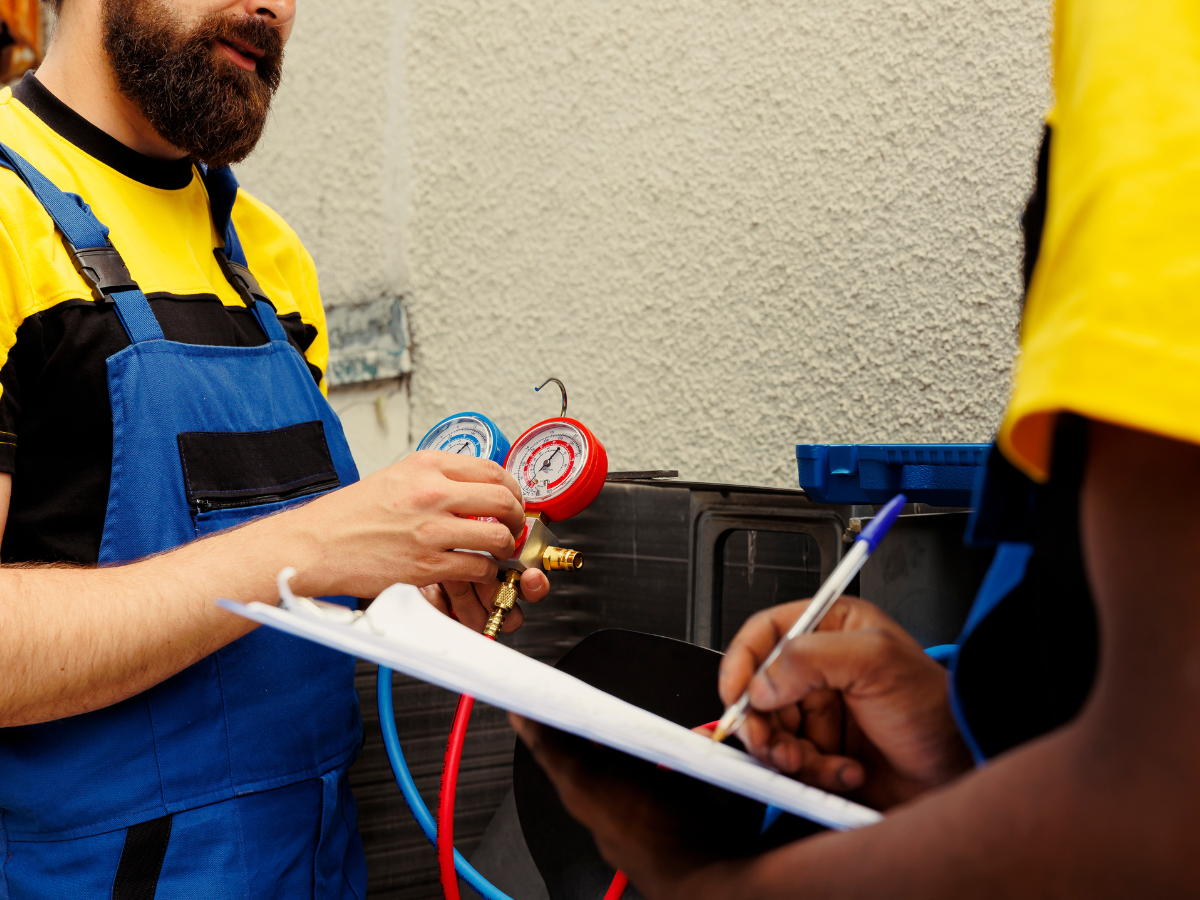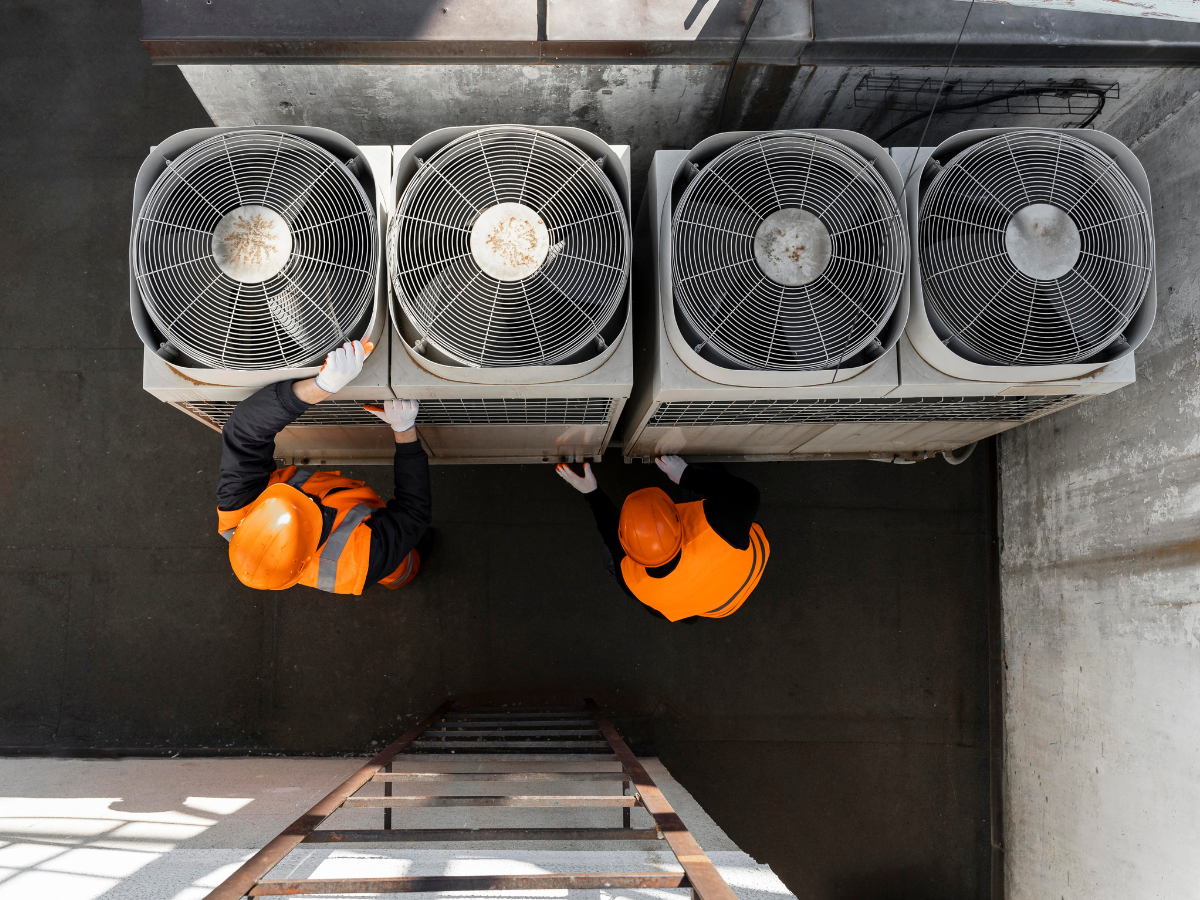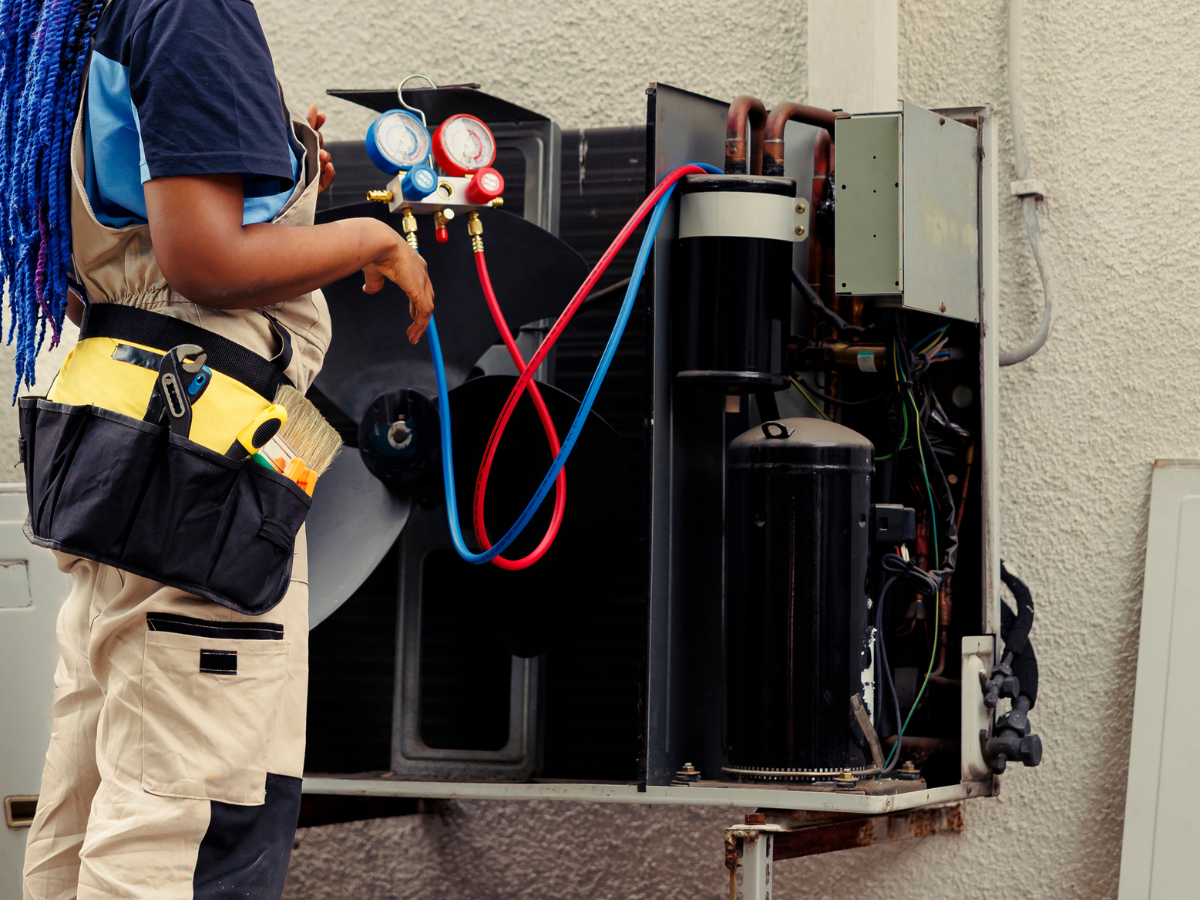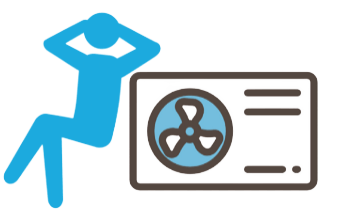HVAC Ferndale Wa
Comfort Zone HVAC in Ferndale, WA: Your Go-To Expert for Heating and Cooling Solutions
Are you looking for a reliable HVAC contractor to help you with your heating and cooling needs? Look no further than Comfort Zone HVAC in Ferndale, WA. With over 20 years of experience providing top-notch HVAC services throughout the region, we’re confident that we can meet all of your needs. Read on to learn more about what makes us the go-to HVAC expert in Ferndale!
What We Offer
At Comfort Zone HVAC, we offer a wide range of services designed to keep your home at a comfortable temperature all year round. Our team of experienced technicians are trained to handle any kind of repair or installation job, from simple furnace maintenance to complex air conditioning repairs. We also provide preventative maintenance services to ensure your system runs efficiently and lasts longer.
Our technicians are knowledgeable and friendly, so you can trust them to get the job done right the first time. In addition, we use quality parts for all our installations and repairs, so you can be sure that your system is running at its best. And if you ever have any questions or concerns about your system, our technicians are always happy to answer them in detail.
What Sets Us Apart
We understand that there are a lot of heating and cooling companies out there—so why choose us? The answer is simple: We offer unbeatable customer service coupled with competitive prices. Our staff is friendly and knowledgeable, so you can count on us to provide quality workmanship every time. Plus, our rates are some of the most competitive in town—you won’t find better value anywhere else!
At Comfort Zone HVAC in Ferndale, WA, we pride ourselves on offering top-notch heating and cooling solutions at unbeatable prices. With over 20 years of experience providing high-quality services throughout the region, you can rest assured that we’ll be able to meet all of your needs quickly and efficiently. So if you’re looking for an experienced HVAC contractor who understands what it takes to keep your home comfortable year round—look no further than Comfort Zone HVAC! Contact us today for more information about our services or for a free estimate!
